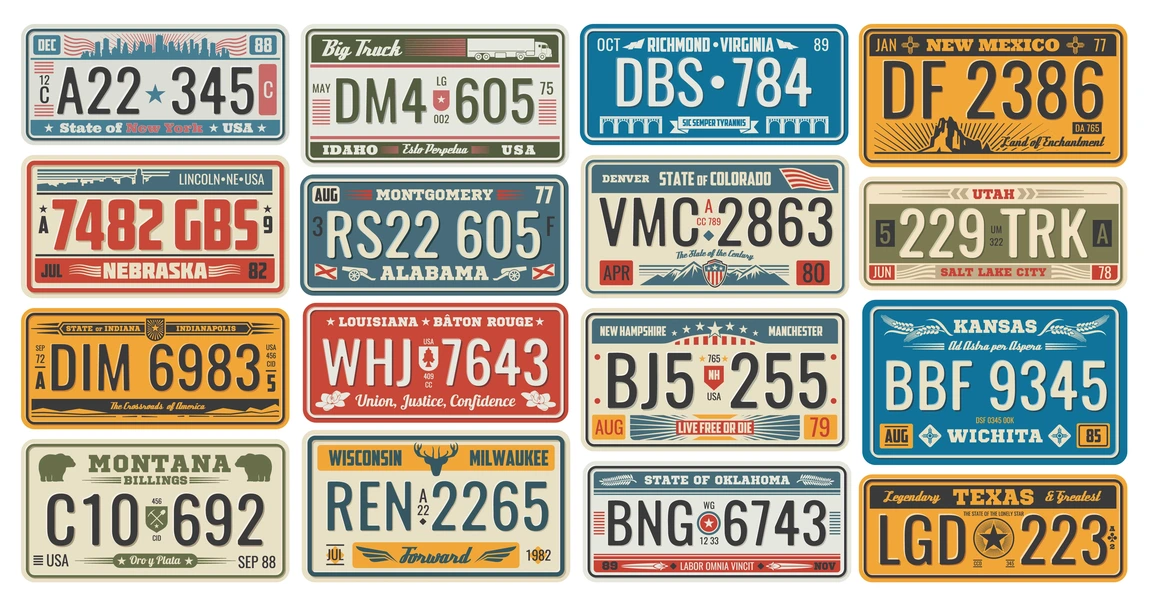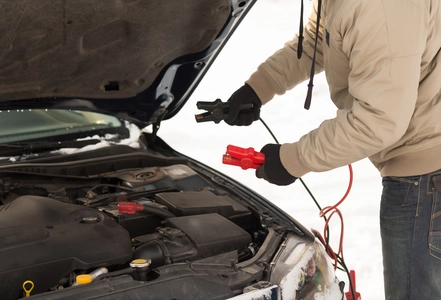When you purchase a new car, one of the most important things you need to do is to register it with the Department of Motor Vehicles (DMV). The registration process can be a bit daunting, but it's essential to ensure that your car is legal to drive and that you're protected in case of accidents or other incidents. In this blog post, we'll go over the steps for registering your new car.
Step 1: Obtain the Necessary Documents - Before you can register your new car, you'll need to gather some essential documents. These documents typically include the bill of sale, the manufacturer's certificate of origin (MCO), and proof of insurance. You may also need to provide proof of your identity and address.
Step 2: Pay Any Applicable Fees - Registering your new car typically involves paying some fees. The fees vary depending on your state, the type of vehicle you have, and other factors. You can typically find information about the fees on your state's DMV website.
Step 3: Submit Your Application - Once you have all the necessary documents and have paid any applicable fees, it's time to submit your application to the DMV. You can typically do this online, by mail, or in person at a DMV office. Make sure you fill out the application completely and accurately to avoid any delays or issues.
Step 4: Get Your License Plates - After your application is processed, you'll receive your license plates. You'll need to install the plates on your car before you can legally drive it. Depending on your state, you may also receive a registration sticker that you'll need to affix to your windshield.
Step 5: Keep Your Registration Up to Date - Once your new car is registered, it's important to keep your registration up to date. This typically involves renewing your registration every year or two, depending on your state's requirements. Failure to keep your registration up to date can result in fines, penalties, or even legal issues.
Registering your new car is an important step in ensuring that you can legally and safely drive it on the road. By following the steps outlined above, you can make sure that you complete the process correctly and avoid any issues down the road.
Check to see if the dealership In some states, the dealership will actually file paperwork on your behalf with your local motor vehicle registration office . Most states do this. Afterward, your registration — and often your license plates — will typically come in the mail. In some states, you may still have to visit a registration office to collect your plates.
If you have any questions or concerns about registering your new car, be sure to consult your state's DMV website or reach out to a DMV representative for guidance.
Contact me today if I can help get you into a new vehicle.
Brian Chapman
(901) 246-4441
Homer Skelton Ford











